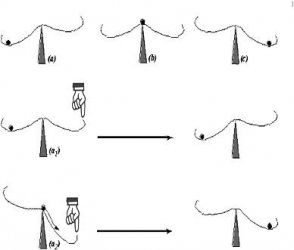- Banned
- #1
Contrary to the AGW cultists claims that warmth will lead to death and destruction a recent study of China's history shows that the wars were almost allways fought when the prevailing weather conditions were cool leading to widespread crop failures. As has been shown during the RWP and the MWP after that.
AFP: China's wars, rebellions driven by climate: study
AFP: China's wars, rebellions driven by climate: study




